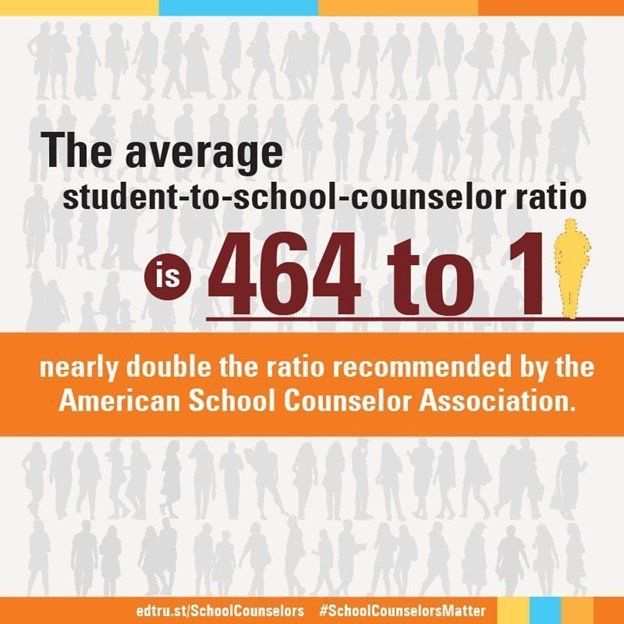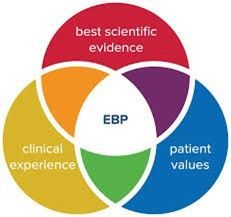School-Based Mental Health Needs Better Solutions
The hypothesis that state officials use to fix the problem is that they can increase the capacity of school counselors.

Two weeks ago, we covered an article about California's shortage of school counselorsThe article cited that the state ranks in the bottom five regarding the number of counselors working in schools. This shortage occurs despite initiatives by State School Superintendent Tony Thurmond and Governor Gavin Newsom to increase funding to hire counselors and pay education fees for new counselors, respectively.
Let’s look at what brought California to the school-based mental health crisis in the first place. COVID-19 created a perfect storm for this situation. Due to the shutdown of schools, students felt more isolated from their peers. Distance learning left many students disenfranchised and unmotivated to engage in school. Since students lived in a bubble at home, family stress increased, and fewer child abuse cases were reported. School counselors also felt their roles during COVID were confusing, complicated, and lacked leadership. Many counselors may seek a new environment with school returning and leaving for greener and perhaps less stressful pastures.
The hypothesis that state officials use to fix the problem is that they can increase the capacity of school counselors. What is occurring is that school districts lure clinicians from behavioral health agencies to fill their vacancies. While this approach solves the school counselor issue, it leaves other agencies ill-equipped to handle their youths. The concept of increasing student loans and funding for school counselors will take perhaps 5 to 10 years to be entirely achievable; it is not a short-term fix.
What can be done?
- Telehealth services. Instead of using on-site counselors, telehealth agencies can be hired to handle the backlog of cases or referrals.
- Behavioral Specialists. Having Bachelor’s level staff to work with the youths provides more strategic interventions. This currently occurs with Medi-Cal contracted agencies that provide school-based services that use Therapeutic Behavioral Services (TBS) as behavior modification for students on campus.
- Parent partners can be employed to engage the parents. Many issues related to school mental health affect the parents and helping the parents will increase the student’s participation.
- Virtual platforms. More students can be reached on and off campus using care coordination modules through the computer or mobile apps.
Schools need to be more creative in how they approach school-based mental health. And looking beyond hiring school counselors provides more cost-effective solutions and approaches to addressing the current crisis.




